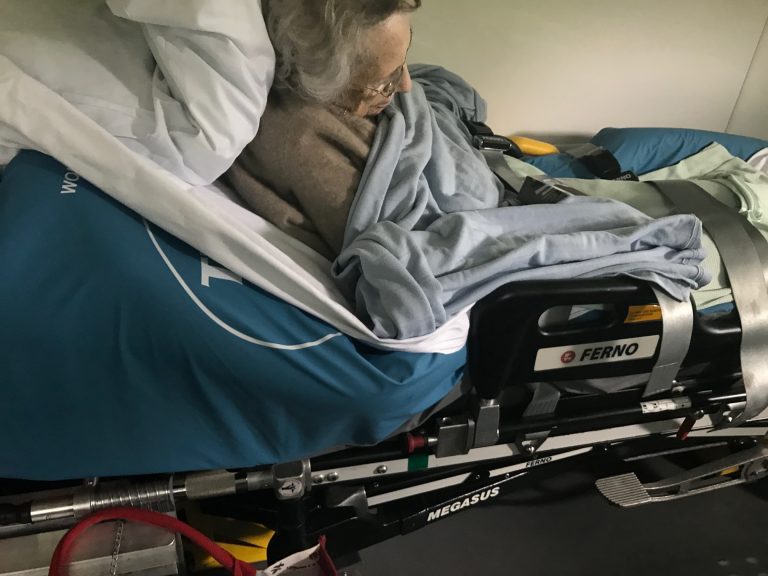Managing chronic wounds in a pandemic is more important than ever
This important article was written by Katherine Ward, Healthy.IO
Digitising the management of wound care provides accurate and accessible data to nurses and clinicians while also enabling remote assessment of wounds, notes Katherine Ward
The COVID-19 pandemic is front and centre of all current healthcare priorities – and rightly so. Yet, we must not, nor should not, overlook the need for other forms of healthcare provision – which have by no means abated.
Take the management of wound care. It is estimated that 2.2 million people in the UK live with non-healing, chronic wounds – those wounds which do not respond to treatment and therefore do not heal. They can last for months or even years, costing the NHS around £5 billion a year. According to Dr Una Adderley, the National Wound Care Strategy Programme director, ‘suboptimal management of chronic wounds is too common.’ COVID-19 risks exacerbating the issue as the same populations who have been identified as at-risk of developing complications from the pandemic, such as older people and people with diabetes, are exactly those that are also at risk for developing chronic wounds. At a time when demand on the healthcare system is more pressured than ever, it is even more critical to ensure NHS providers have access to the tools they need to deliver quality care, making it easier to protect patients.
Healthy.io is committed to joining the effort to fight COVID-19, and one of the ways we believe we can help is by providing our Digital Wound Management Solution at no cost to the NHS. Our app, harnessing smartphone technology, makes routine monitoring digital. Where traditionally nurses assess and monitor wounds using paper rulers and acetate tracing paper, our digital tool uses two calibration stickers placed on either side of the wound; nurses can then use our app on a smartphone to scan the wound, and algorithms measure and analyse the wound, developing a 3D image. By digitising this process, nurses and patients have a streamlined visual evidence base for wound tracking, replacing current standards of paper records which are often much more cumbersome when observing trends at-a-glance. Results are automatically uploaded to a portal, meaning that a patient’s healthcare providers have rapid and easy access to the information. Providing clinicians with accurate, accessible and up-to-date information is more important than ever and wound care is no exception.
Tissue viability teams and district nurses see, manage and treat patients with chronic wounds and pressure ulcers both in and out of hospital. For them the app can be a real asset to their daily work. Some tissue viability nurse teams that we are working with are being redeployed to manage COVID-19 efforts and this makes a technology that less experienced nurses can use to appropriately manage care more important than ever.
As these staff groups are often based in multiple locations – both in secondary care and in the community – and use different systems to record patient information, our app and portal ensure a single source of data for every patient. Nurses can make remote assessments and ensure that NHS multi-disciplinary teams are following the right patient pathway of care for assessing the wounds.
Traditional wound care management is time and resource-intensive for NHS clinicians as well as often challenging and stressful for patients. Our assessment and documentation process saves time, reduces administrative burdens and helps NHS staff assess patients earlier. Crucially it also helps to keep patients out of hospital and at home, which, during the COVID-19 pandemic, is more important than ever.
At a time when concern for the wellbeing of at-risk populations is heightened, we should not overlook the conditions that can impact health and wellbeing most acutely. Instead we must strive to deliver the highest standards of care to keep as many people as possible as well as possible, for as long as possible. One positive to emerge from the current pandemic is that it has provided a much-needed catalyst for innovation and a renewed mindset of care for people and communities, and this is absolutely something we are excited to be part of.


